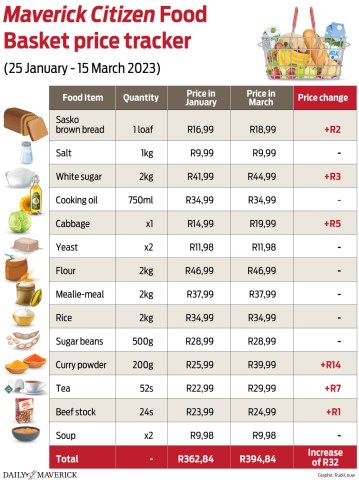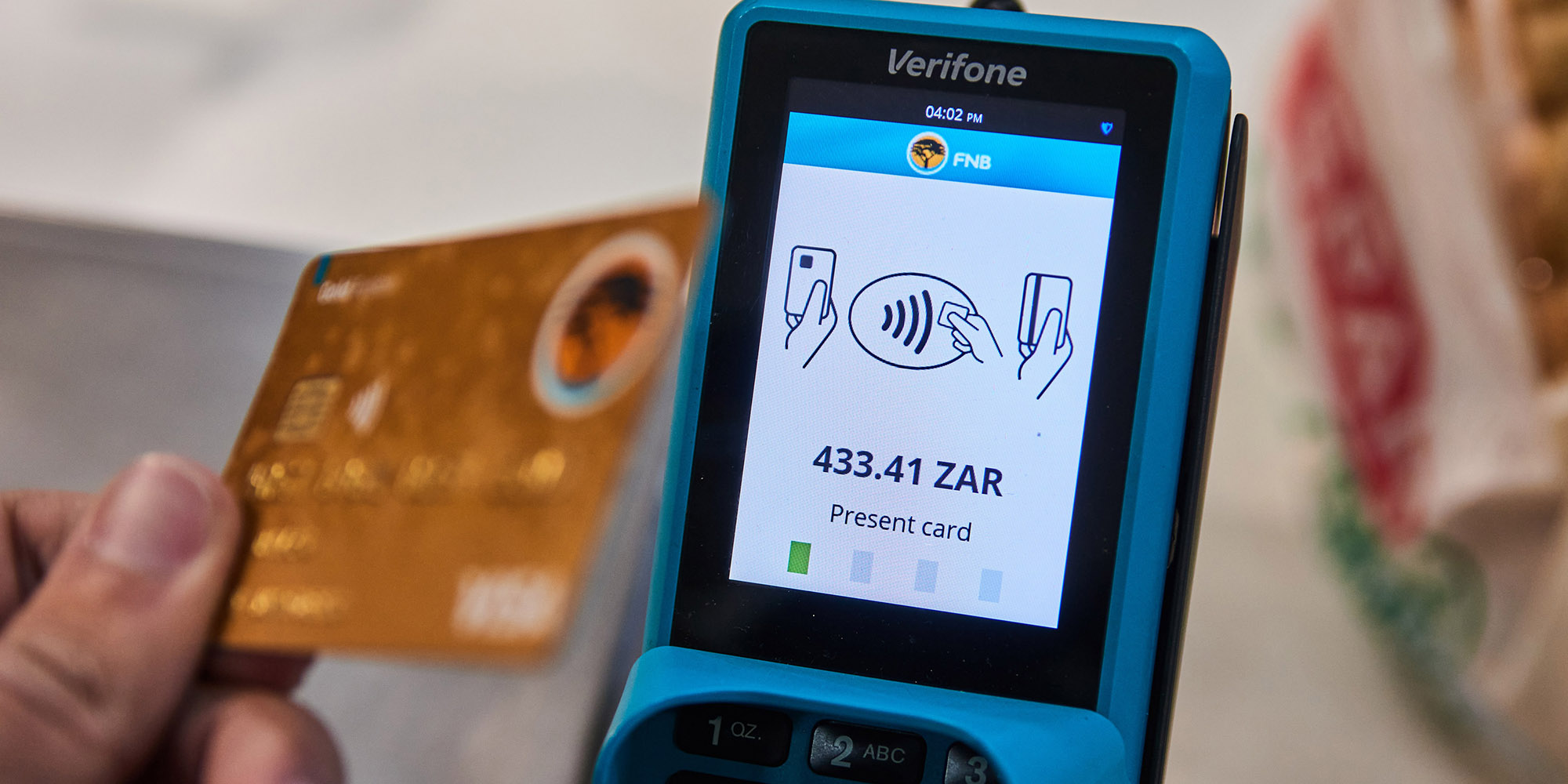Although 81% of South African adults use digital financial services and 70% have some form of insurance coverage, the FinScope South Africa 2022 Consumer Survey has found that many people are not making the most of these services.
The study also reveals a population battling to survive a dire cost-of-living crisis.
Digital payments can be improved “to make them more relatable to the needs of customers”, said Obert Maposa, senior data and analytics specialist at FinMark Trust, adding that it was important to improve financial literacy and education.
The independent non-profit trust aims to make financial markets “work for the poor, by promoting financial inclusion and regional financial integration”.
“South Africa has a high access rate but the use cases and the safety of it can be improved for digital payments,” Maposa said.
34% of adults financially vulnerable
The survey also found that 34% of South African adults are financially vulnerable and more than half are financial dependents, relying on either social grants or support from other people.
About 12 million adults immediately withdraw all the money that is deposited into their accounts, effectively using their bank accounts as mailboxes.
In South Africa, the informal economy constitutes 42% of all employment or 17% of the adult population.
Informal, and some formal, workers are reliant on tips for their income with 21% of adults earning tips for their work.
The bulk of this tipping is in the form of cash, with 87% of consumers saying they prefer to pay tips in cash. However, 27% admitted that they tip more when they do so via digital payments.
“The data on the informal sector and the granular understanding of people – where they are employed, how they earn their living, and especially the role that tips play in terms of income – is new to the FinScope Consumer Survey, but it is also critical to understand how to support people when it comes to employment and improving employment,” said Brendan Pearce, chief executive of the FinMark Trust.
“The fact that the inequality, unemployment and people in distress statistics are growing means we need to look at the link between financial inclusion and access more closely to transcend from financial access to meaningful financial engagement,” he said.
Surging energy costs have affected close to 18 million adults in the past year, who reported that they have been forced to live without electricity because they simply cannot afford it. This is over and above rolling blackouts, when electricity is not available. Relief is unlikely with Eskom’s tariffs set to increase by an average of 18.65% from this month.
 There was an increase of R32 in our food basket of 14 essential items. Consumers have been told to brace themselves for more food price increases. (Graphic: Rudi Louw)
There was an increase of R32 in our food basket of 14 essential items. Consumers have been told to brace themselves for more food price increases. (Graphic: Rudi Louw)
Soaring cost of food
The FinScope Consumer study also shows that the main reason people saved or borrowed money in 2022 was to pay for living expenses, specifically food and groceries.
According to the Pietermaritzburg Economic Justice and Dignity Group, the cost of a basic nutritional food basket for a family of seven increased by 11% from R5,400.95 a year ago to R5,996.70 in March 2023.
Mervyn Abrahams, programme coordinator of the PMBEJD, says core foods, such as maize meal, rice and flour, are bought first to ensure families do not go hungry.
“When the prices of core foods increase, there is less money to secure other important, mostly nutritionally rich foods, such as meat, eggs and dairy, which are critical for protein, iron and calcium; vegetables and fruit, which are critical for vitamins, minerals and fibre; and peanut butter and pilchards, which include good fats, protein and calcium essential for children.
“The data shows that the core foods contribute 55% of the total cost of the household food basket. At an average cost of R2,714.97 in March 2023, these foods are … very expensive in relation to the total money available in the household purse to secure food. These foods must be bought regardless of price escalations.
“The high cost of core staple foods result in a lot of proper nutritious food being removed off the family plates,” he says. BM/DM




 There was an increase of R32 in our food basket of 14 essential items. Consumers have been told to brace themselves for more food price increases. (Graphic: Rudi Louw)
There was an increase of R32 in our food basket of 14 essential items. Consumers have been told to brace themselves for more food price increases. (Graphic: Rudi Louw)